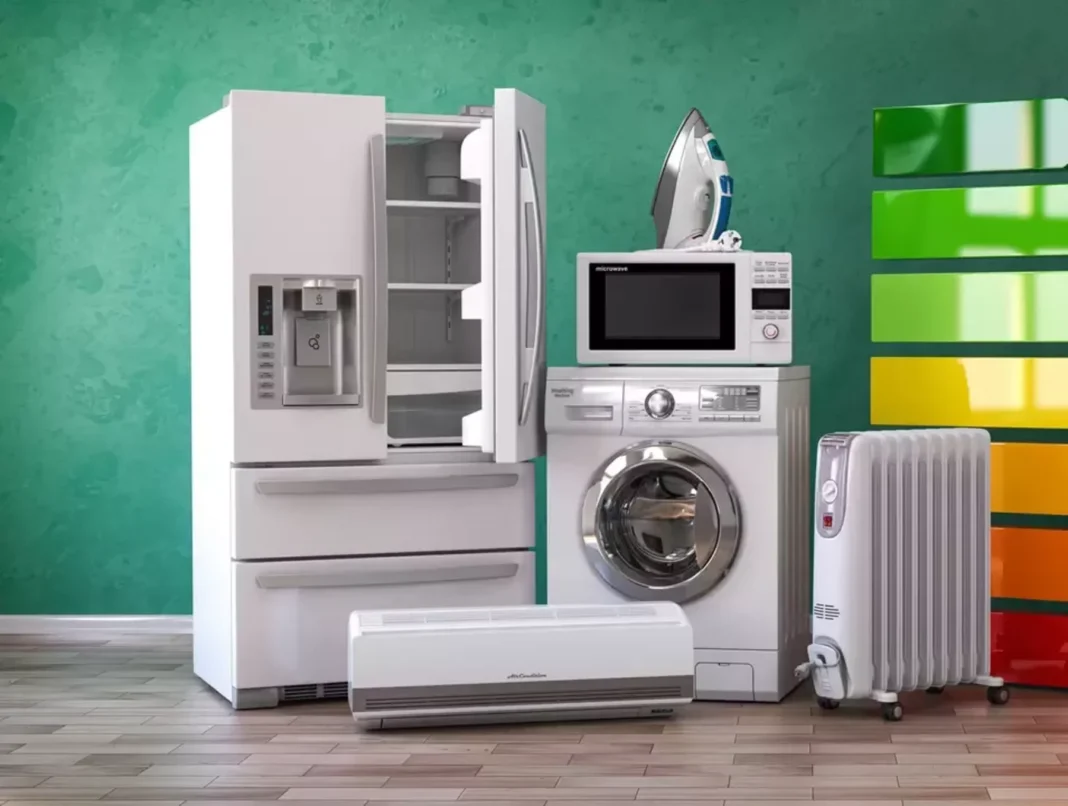The Importance of Upgrading Home Appliances for the Environment
Upgrading home appliances is not only a measure of improving home efficiency but also a crucial step towards environmental sustainability. As technology advances, newer models of appliances come equipped with features that significantly reduce energy consumption and, consequently, lessen environmental impact.
This blog explores the importance of upgrading home appliances for the benefit of the environment, highlighting key benefits and implications.
Energy Efficiency and Reduced Carbon Footprint
The most direct benefit of upgrading to newer home appliances is improved energy efficiency. Modern appliances are designed to use less energy to perform the same tasks as older models. For example, contemporary refrigerators, washing machines, and dishwashers use significantly less electricity and water compared to those manufactured a decade ago. This efficiency is largely due to stricter energy standards and innovations in technology.
By consuming less power, these appliances reduce the household’s overall carbon footprint. Energy-efficient appliances require less electricity, which in many regions is still largely generated from fossil fuels. By using less energy, these appliances help decrease the demand for power, which in turn reduces greenhouse gas emissions associated with electricity production.
Long-term Cost Savings
Although the initial investment in energy-efficient appliances can be higher, the long-term savings on utility bills make it a financially viable option. Reduced energy consumption means lower electricity bills and the savings accrued over time can offset the purchase cost. Moreover, many governments offer rebates and tax incentives to encourage the adoption of energy-efficient appliances, further reducing the net cost to consumers.
Resource Conservation
Modern appliances are not only designed to use less energy but also to conserve water. For instance, newer models of washing machines and dishwashers have features that adjust water usage based on the load, significantly cutting down water consumption. This is particularly important in areas facing water scarcity. By conserving water, these appliances also reduce the energy used in water heating and pumping, further enhancing their environmental benefit.
Reduction of Waste and Pollution
Upgrading appliances also plays a role in reducing waste and pollution. Older appliances that are less efficient or malfunctioning often end up in landfills, contributing to waste accumulation and pollution. Newer appliances are more likely to be recyclable and are often made from more sustainable materials, aligning with global efforts towards waste reduction and pollution control.
Enhancing Indoor Environment Quality
Newer appliances often come with improved technology that can enhance the quality of the indoor environment. For example, modern air conditioners and heaters are better at filtering air and maintaining consistent temperatures, improving air quality and comfort. Efficient stoves and ovens installed by a professional gas fitter minimize the release of harmful gases, reducing indoor air pollution.
The Role of Consumers in Environmental Sustainability
The decision to upgrade home appliances allows consumers to actively participate in environmental sustainability. By choosing energy-efficient and water-conserving appliances, consumers send a strong message to manufacturers about the demand for sustainable products, which can influence future designs and technology.
Conclusion
Upgrading home appliances is a crucial step toward reducing household energy consumption, conserving resources, and minimizing environmental impact. It represents a practical action that individuals can take to contribute to a broader environmental strategy, aligning personal convenience with global sustainability goals.
The benefits of such upgrades extend beyond the immediate household, contributing to a larger effort to tackle climate change, promote energy conservation, and ensure a healthier planet for future generations. This concerted effort in upgrading home appliances can significantly amplify the collective impact on environmental conservation.

Great post! I completely agree that choosing the right home appliances can make a big difference in daily life.